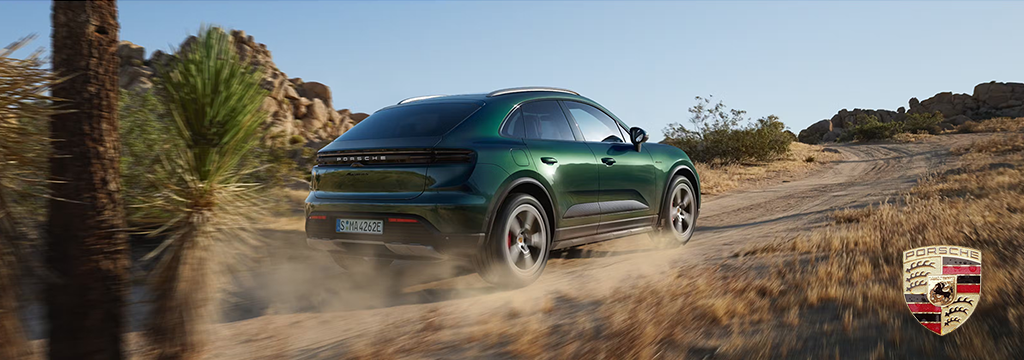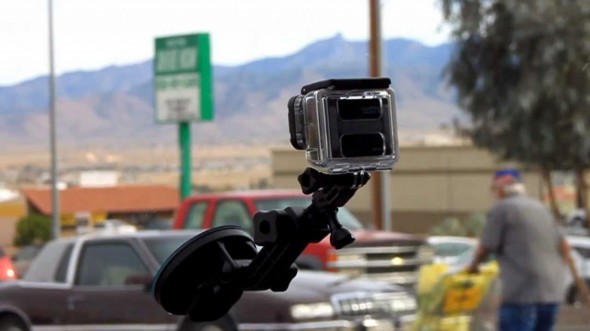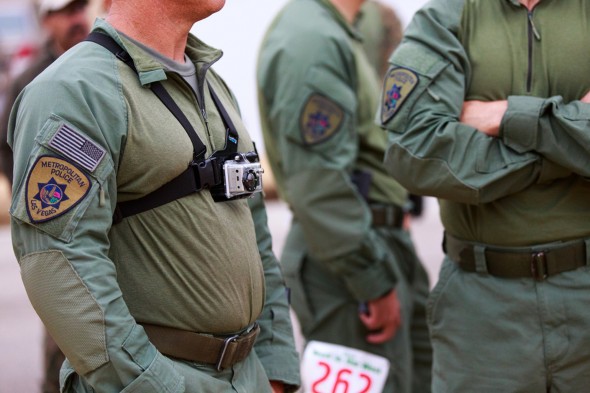
design for disruption: gopro.
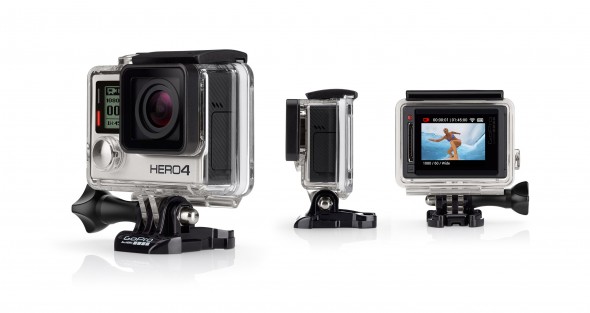 gopro’s top-of-the-line hero4 black
gopro’s top-of-the-line hero4 black
eric woodman, who founded gopro, the miniature camera company, in 2002, said on sixty minutes that “it has revealed the hidden perspectives of human life.” yes, he had a stock to sell, and we expect boasts of profound impact for their products from entrepreneurs post steve jobs of course, but that is a surprisingly profound insight.
the gopro allowed people to record and share their best waves in surfing, their wildest leaps in mountain biking –and now their adventures driving.
above> photographer eric sterman using a phantom drone and hero 3+ shoots surfing the bonzai pipeline last december 2013.
gopro is helping to bring the dashboard camera into the main stream. bmw and mini now allow for control of the gopro camera from the vehicle software. the gopro seems on the verge of making the great leap that navigation units did a few years ago, from techie accessory to next cool thing. and they may fundamentally change the way we drive and think about driving.
the story of popular dash cams in the us begins with the meteorite that exploded near the russian city of chelyabinsk on february, 15, 2013. it injured 1500 people, caused millions of rubles of damage and made americans aware that many russians had dash cams in their cars–for their own protection. not only did the cameras record celestial events, it turns out, but misdeeds by other drivers and law enforcers, posted online.
video from dash cams has a vast life online. in the u.s. it was mostly police imagery: bizarre driver responses to being pulled over and humorous dancing field sobriety tests. no wonder woodman regards the real product of the go pro corporation not as cameras, not even as compilations of video made with the cameras but as the social media surrounding the compilation of the clips. by letting us record moments of adventure, on the road, or entire journeys and sharing them with other people, dash cams could have the same effect on the experience of driving .
some drivers will want to record episodes of horror or humor, others to document rapid or romantic stretches of road. there is a long tradition of filming drives, but you pretty much had to be a professional movie maker to do it. the most famous example is the cult film of a high speed early morning run through paris made in 1976 by director claude lelouch—director of a man and woman–the high-speed short film c’était un rendez-vous.
it is a very french film and often the flavor of dash cam compilations reflects personality and nationality. the russian compilations suggest the wild west quality of its highways. japanese compilations, by contrast, include terrifying tsunami footage and accidents, maintained by japanese trucking association for safety warnings. but the japanese counterpart of russia’s flying cows is different: the japanese news service asahi shinbun reports that dora dora douga website draws 160,000 monthly viewers to a “beautiful landscape” and “unique scenery” site. the dawn of gifu, a landscape view of gifu prefecture, is most popular.
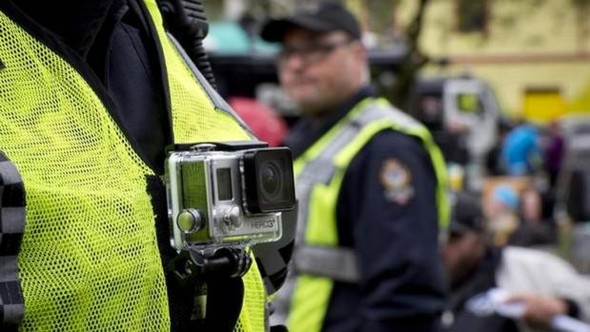
another use for go pros has recently been proposed. officials all the way up to president obama have suggested issuing body cameras to police officers to help reduce mistaken shootings. but here too the disruptions of the innovation may surprise: won’t these cameras emphasize the point of view of the police officer more than that of the victim?
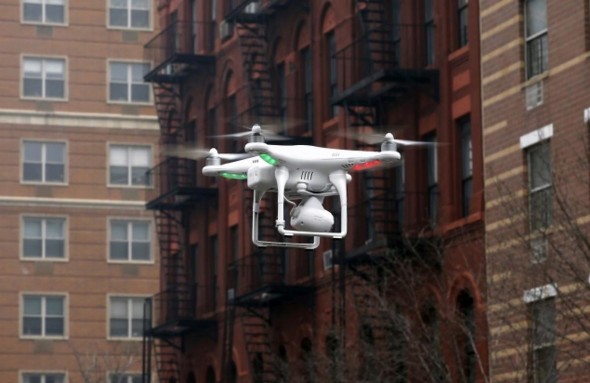 gopro equipped phantom drone used by police in east harlem building explosion in new york city summer of 2014
gopro equipped phantom drone used by police in east harlem building explosion in new york city summer of 2014
